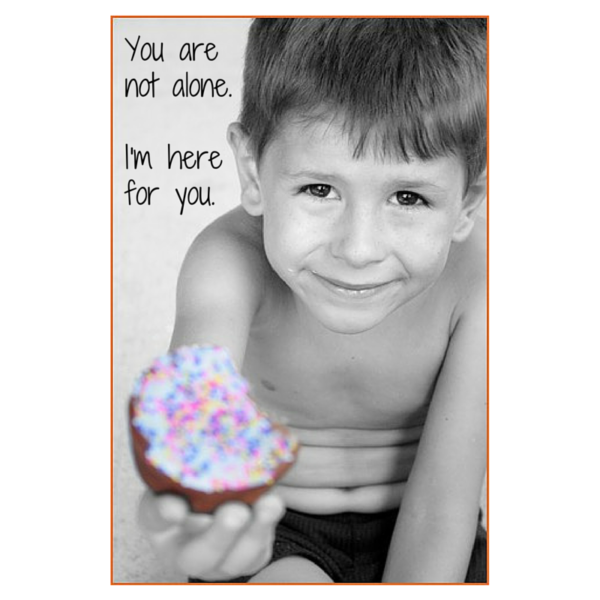What do you do? What can you say when someone you care about is hurting?
Ten years ago, when we were first coming to grips with Will’s diagnosis – well before we knew the magic and wonder his way of looking at the world would enrich our lives – people wanted to help, but they didn’t know how.
After finishing my speech about family’s journey, people would come up with tears in their eyes… telling me their own stories of their own children or grandchildren.
And it’s not just true of being a parent, grandparent, or friend… is it?
What if your employee comes in with a look of sadness, anger, or fear in her eyes?
What if a couple in your small group stops showing up without explanation?
What if someone you know and love is struggling with clinical depression… or diabetes… or job loss?
What’s the best way to be a friend?
Having intimate experience with more than one of these issues, I can tell you what I wish people would have told me, and what I told people after my speech when they came up to me, and I handed them my card, pointed to my email address and invited them to correspond with me anytime day or night, and I would reply.
What are the magic eight words? What can you tell people when you want to help but don’t know how?
Two small-but-powerful four-word sentences.
“You are not alone. I’m here for you.”
Someone you know would love to hear those words from you. Today.
I’ll start:
You are not alone. I’m here for you.

